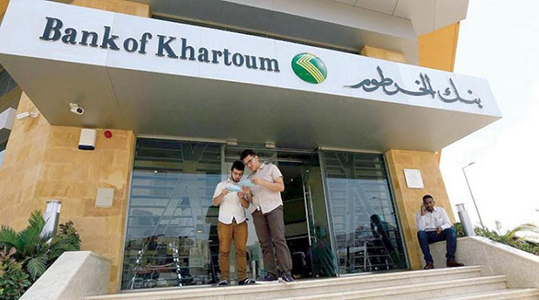The Sudanese pound has regained some of its health after a major deterioration in its value against foreign currencies, following strict emergency measures taken by the government in the face of speculators in the parallel (black) market, the security authorities carried out a wide campaign of arrests, and arrested dozens of currency dealers, and raided the homes of some of them and freed large sums of money in dollars and other currencies.
In addition, the Central Statistics Agency revealed that inflation rates rose for the month of August to 166.83 percent, an increase of 23 percent from July, when it recorded 143 percent, the agency attributed this matter to the high components of a group of food and beverages commodities, in addition to the high costs of transportation in public transport, pointing to the high rates of inflation in urban and rural areas.
The transitional authority in Sudan had approved substantial adjustments in the general budget for the current year 2020, as it approved a gradual adjustment of the exchange rate and the customs dollar, which would last for two years until the real price of the pound was reached, and at the same time it pledged that the state would continue to support fuel, wheat, and cooking gas. Sudan is facing a significant shortage of cash reserves from foreign currencies, which calls for traders and importers to buy from the "black market", which in turn leads to the depreciation of the Sudanese pound.
Source (Al-Sharq Al-Awsat Newspaper, Edited)

